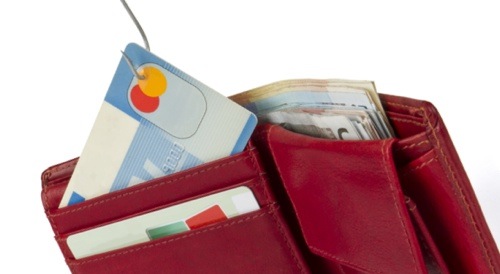TOTW: three ways to avoid online scams
TOTW: three ways to avoid online scams

Last week's enormous denial of service attack highlighted the problem of badly-secured internet devices.
Looking for a deal?See the latest business tech bargains we've found online. Or buy IT equpment now from these trusted suppliers: |
So, for this IT Donut tip of the week (TOTW), we thought we'd remind you of three elementary security precautions.
1. Take care of personal details
There's been a Facebook post doing the rounds asking people to post their 'porn name'.
Depending on who you believe, the answer to this hilarious joke is a combination of things like your mother's maiden name, your middle name, the name of your first pet or the name of the street you grew up on.
These answers - and those to other similar games - often include information used for online security checks. So, always be very wary about revealing it to anyone. Their motives could be more sinister than you think.
2. Make sure your bank is your bank
Phishing schemes have been around for years, but as they're still going strong then they must keep catching people out.
So, if you receive an email purporting to be from your bank, be suspicious, especially if it asks you to reply with sensitive information (like card or security details) or directs you to a website that collects this information.
In fact, if you're in any doubt about the veracity of an email from your bank, give them a call to check. And instead of clicking links in the email, visit their website by typing the address into your web browser.
3. Use different passwords for key services
Make sure your email password is different to your Twitter password and your online banking password.
There have been a rash of high-profile password leaks over the last couple of years, and there'll be more in the future. Some hackers try using leaked passwords to log into other services. So, keep your passwords unique to stay secure. Get help creating unique passwords you can remember >>




Comments
Add a comment